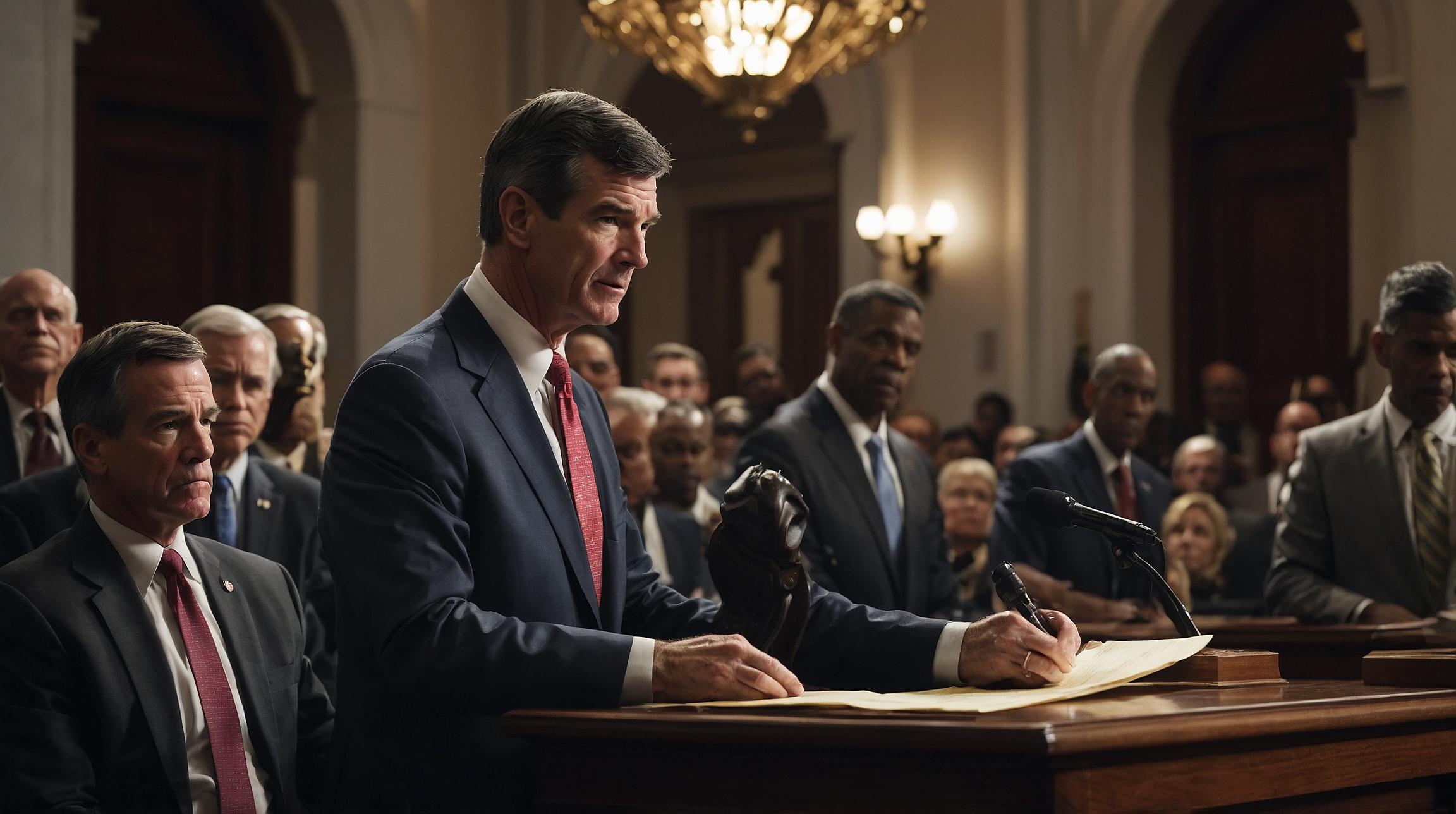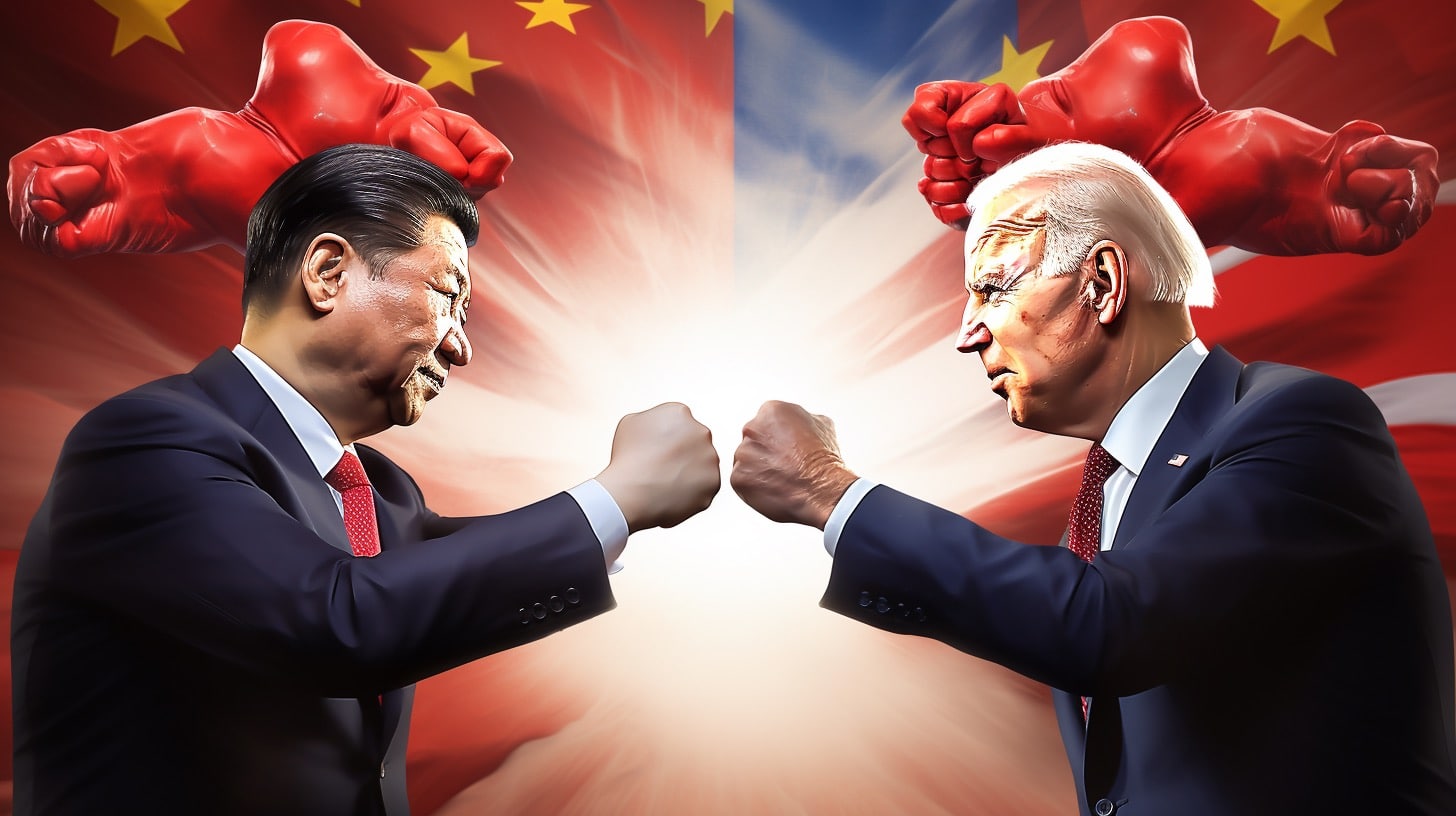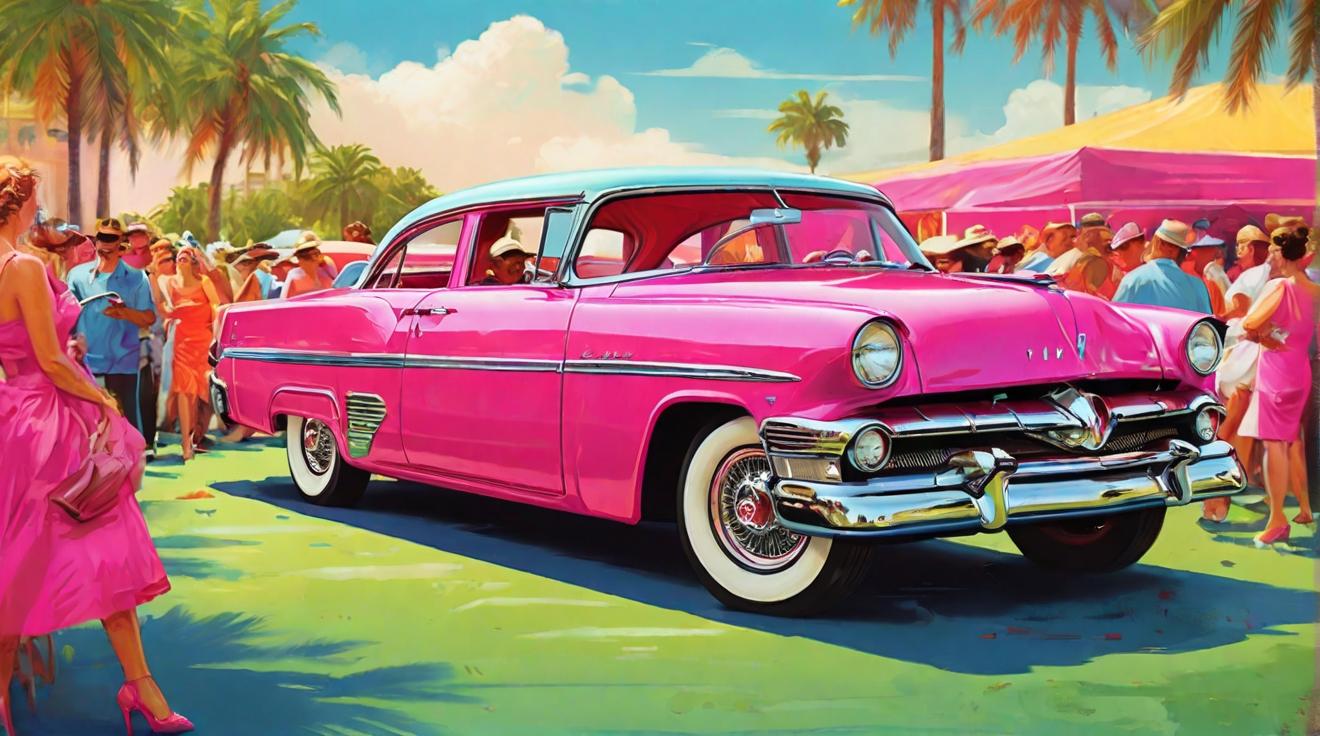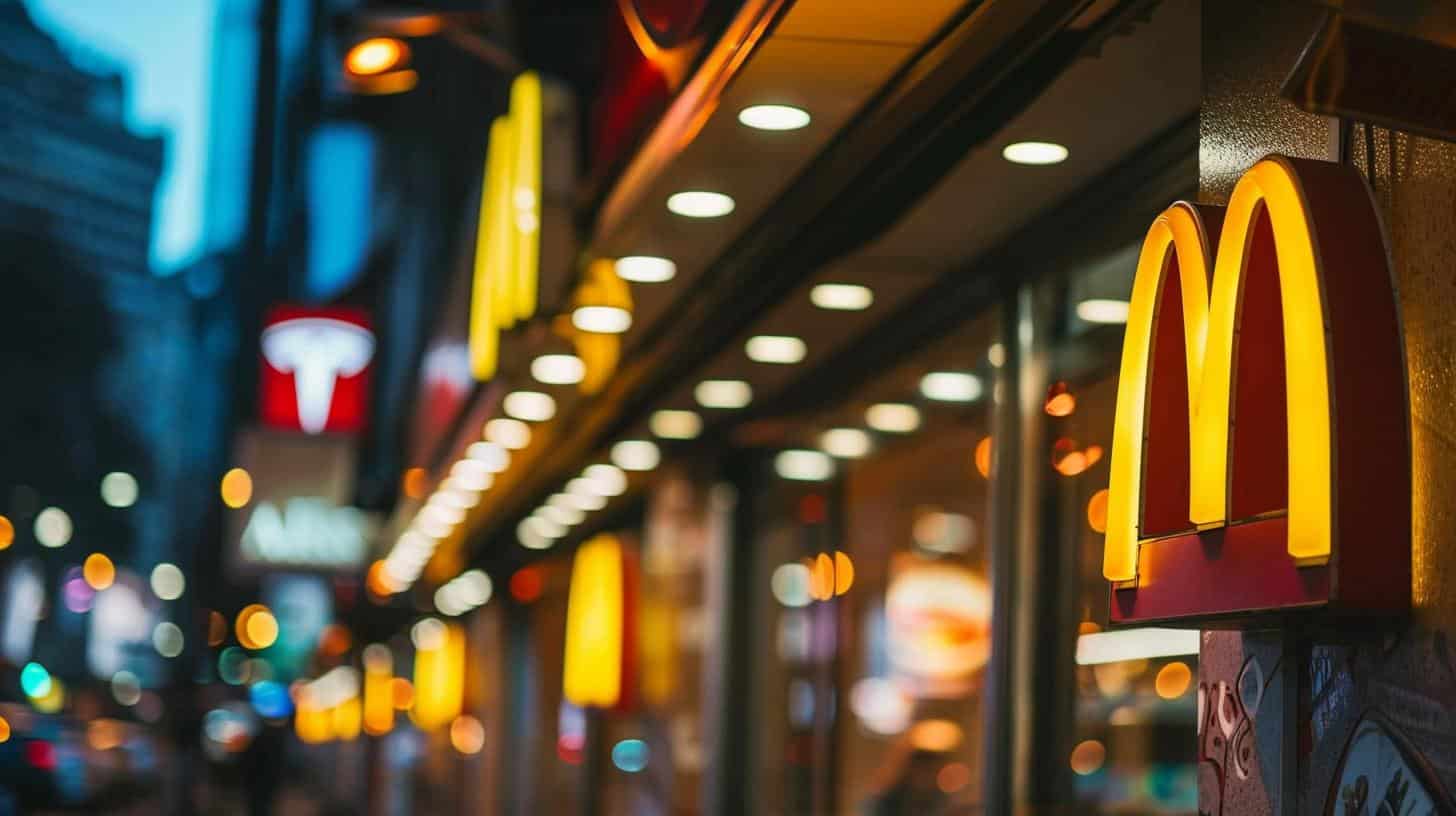Governor Cooper Vetoes Bill Targeting Protesters, Masking Rules, Campaign Finance
Governor Roy Cooper has vetoed a controversial bill aiming to change North Carolina’s campaign finance laws, public mask-wearing rules, and penalties for protesters. Cooper labeled the bill as a maneuver to let billionaires influence state elections covertly.
Controversial Bill Passed on Party Lines
The legislation was approved by the state’s legislature earlier this month along party lines, with support from Republicans and opposition from Democrats. In a form of protest, some Democrats walked out and refused to vote. Cooper expressed concerns that the bill would create a major loophole for unlimited, secret campaign money, potentially allowing anonymous billionaires from outside North Carolina to pour funds into campaigns, particularly to assist extreme right-wing candidates facing defeat.
Campaign Finance Changes
Republicans argue that the campaign finance changes will establish a level playing field in the gubernatorial race. The Democratic nominee, Josh Stein, has garnered far more funds than his Republican rival, Mark Robinson. As of the most recent filings, Stein raised $19.1 million with $12.7 million left to spend, whereas Robinson raised $10.7 million, retaining $4.5 million for campaign activities.
GOP Aims for Veto Override
Senator Danny Britt, a Republican, expressed a goal to override Cooper’s veto, particularly highlighting concerns over mask usage. Britt stated that masks have been misused by criminals to hide their identities and that tightening regulations on mask-wearing would mitigate this issue. Republicans have successfully overridden Cooper’s previous vetoes, thanks to a veto-proof supermajority.
Mask-Wearing Rules
The bill initially sought a complete ban on mask-wearing in public for health reasons, but public outcry moderated this stance. The revised rule would allow only medical or surgical-grade masks to prevent the spread of contagious diseases. Cooper criticized this aspect, stating that it threatens public safety by potentially criminalizing individuals wearing masks for legitimate health concerns.
Critics of the bill argue that the changes could lead to arrests for practical uses of masks, such as avoiding allergens during yard work. The legislation also proposes increased criminal penalties for protesters blocking roads and allows civil suits against protest organizers.
Campaign Finance Loopholes
Campaign finance provisions in the bill would allow federal Super PACs to contribute money to state political parties. This could have significant implications, as existing laws in North Carolina prohibit individual candidates from receiving direct corporate donations but place no limits on donations to Super PACs and political parties.
Under current rules:
- Individual candidates are capped at $6,400 from single donors.
- Political parties can receive unlimited funding from donors and Super PACs.
- Candidates can't take money directly from corporations, but Super PACs can.
The alterations could enable corporations to funnel unlimited funds to candidates indirectly, by way of Super PAC transfers to state parties.
Implications for Future Elections
Two Super PACs expected to significantly impact the upcoming election are the Democratic Governor's Association (DGA) and the Republican Governor's Association (RGA). The DGA has already made efforts to segregate funds from labor unions and corporations, complying with state laws. Conversely, the RGA has not implemented similar measures, prompting Republican lawmakers to call for changes in the law to ensure fair competition.
House Speaker Tim Moore emphasized the need for these changes to level the playing field for campaign financing.
Governor Cooper’s veto symbolizes a key battle over the future of campaign finance in North Carolina, public health measures, and the right to protest. The upcoming legislative sessions and potential overrides will determine the final outcomes.













